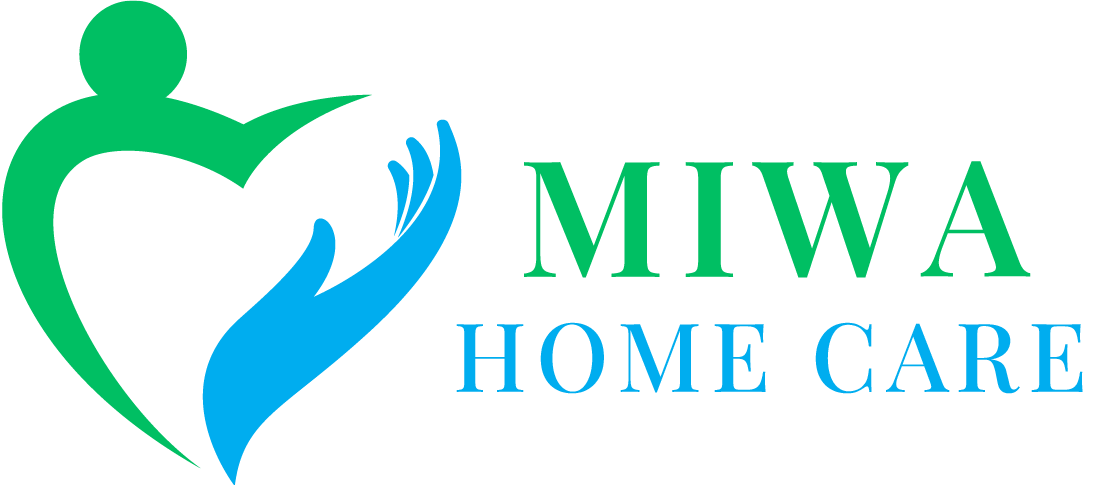Home > Articles
As one grows old alot of health related challenges may arise that seniors need to deal with. In this time recovery from stroke can be a long and emotional journey. Gaining independence is the most important part of post stroke recovery, while being mindful not to overwhelm or pressure them.
Here’s how families and caregivers can encourage independence with care.
Focus on Small Wins
After a stroke, even everyday tasks can suddenly feel overwhelming—but every small win is a victory worth celebrating. Whether it’s brushing teeth without assistance, standing up with less support, or clearly expressing a thought, these milestones are meaningful steps forward. Taking the time to acknowledge and celebrate them helps build confidence, keeps spirits high, and encourages continued effort on the road to recovery.
Use Adaptive Tools Thoughtfully
Supporting independence doesn’t mean removing all challenges—it means adding the right tools to make daily life safer and more manageable. Simple aids like grab bars in the bathroom, shower chairs, walkers, or easy-grip utensils can reduce the risk of injury and help seniors stay active in their routines. What matters most is how we introduce them—with care, reassurance, and a focus on how these tools empower rather than limit.
Create a Daily Routine
A structured day brings comfort and stability, especially during recovery. Including light grooming, gentle stretches or therapy, and small tasks like folding laundry or setting the table gives purpose and rhythm to each day. The secret? Let your loved one take the lead when they can. Encouraging them to be involved nurtures a sense of independence while gently supporting their emotional and physical well-being.
Be Patient and Positive
Progress may be slow, and there will be setbacks. Avoid frustration. Instead:
Offer praise for effort
Remain calm during moments of difficulty
Encourage communication and expression of feelings
Involve a Trusted Care Team
Home caregivers trained in stroke recovery know how to:
Promote activity safely
Assist with speech or mobility exercises
Provide companionship and emotional support
Monitor for stroke warning signs or setbacks
A personalized care plan, like those we offer at MIWA Home Care, ensures balance between support and independence.
Maintaining independence after a stroke isn’t about doing everything alone, it’s about having the freedom to participate in your own life at your own pace. With empathy, encouragement, and expert care, stroke survivors can live with dignity and purpose.

Providing compassionate care and support to enhance lives every day. Trust us to be your partner in well-being.
We’re here to listen and support—reach out to us today!
©Copyright 2025. MIWA Home care All Rights Reserved.